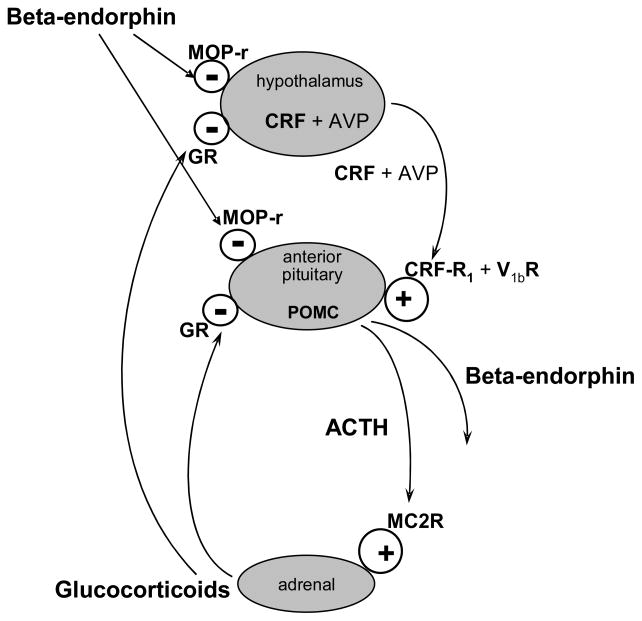Figure 1. Hypothalamic-Pituitary-Adrenal Axis.
Stress causes increased mRNA synthesis and release of hypothalamic CRF and AVP into the portal circulation, which acts on CRF-R1 receptors and V1b receptor in the anterior pituitary, respectively. This induces synthesis of POMC mRNA and peptide in the corticotrope of the anterior pituitary and release into the circulation of beta-endorphin and ACTH, which are derived from processing of POMC. ACTH acts on ACTH receptor (MC2R) in the adrenal cortex and induces release of the stress hormone cortisol (in humans and guinea pigs) or corticosterone (in rats and mice), which are primary mediators of the stress response. Cortisol or corticosterone exerts negative feedback regulation at both the hypothalamus and the pituitary to inhibit the synthesis of POMC and release of ACTH and beta-endorphin via glucocorticoid receptors (GR). In addition to this classical circadian negative feedback regulation by glucocorticoids, the endogenous opioid system, especially the mu-opioid receptors (MOP-r), tonically inhibits this axis.

